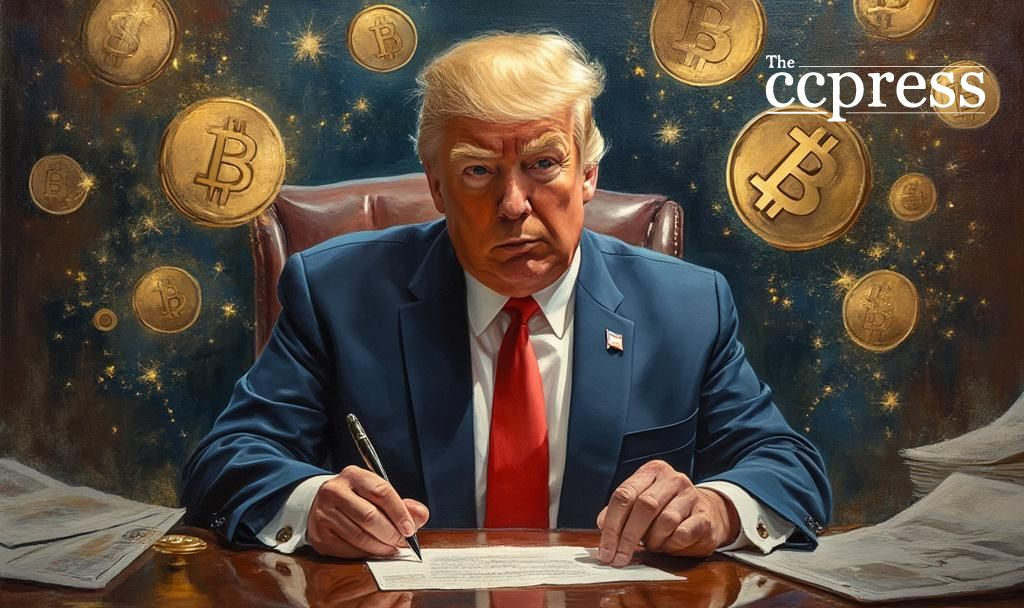- JPMorgan endorses tokenized deposits over stablecoins amid regulatory preferences.
- Regulators prefer tokenized deposits aligning with fiat principles.
- Potential market shift affecting stablecoin usage.

JPMorgan’s strategy reflects increasing regulatory favor for tokenized deposits, which could reshape market dynamics and influence stablecoin adoption trends.
JPMorgan’s Strategic Shift
JPMorgan Chase, under CEO Jamie Dimon, is actively testing a permissioned token deposit product named JPMD on the Ethereum Base platform. This indicates institutional funding is supporting tokenized deposit development. The move represents a shift in preference due to regulatory acceptance, particularly outside the US, as analysts note tokenized deposits align more closely with existing fiat systems.
JPMorgan’s actions could significantly impact the crypto market, influencing both traditional financial systems and blockchain technology. As Jamie Dimon, CEO of JPMorgan, remarked, “We’re going to be involved in both JPMorgan Depositcoin and stablecoins to understand it, to be good at it. I think they’re real, but I don’t know why you’d want a stablecoin as opposed to just payment.”
Implications for the Future
The endorsement of tokenized bank deposits might challenge the dominance of stablecoins, such as USDC and USDT, leading to a shift in market preferences and financial structures. Analysts highlight the role of regulatory clarity in this shift, as tokenized deposits are treated more like traditional financial instruments.
Historical precedents, like JPM Coin and Signet, indicate a growing trend of institutional players adopting permissioned infrastructure. This could result in technological advancements, aligning legacy banking systems with blockchain technologies and possibly leading to extensive integration of cryptocurrency within traditional finance.
| Disclaimer: The content on The CCPress is provided for informational purposes only and should not be considered financial or investment advice. Cryptocurrency investments carry inherent risks. Please consult a qualified financial advisor before making any investment decisions. |






























